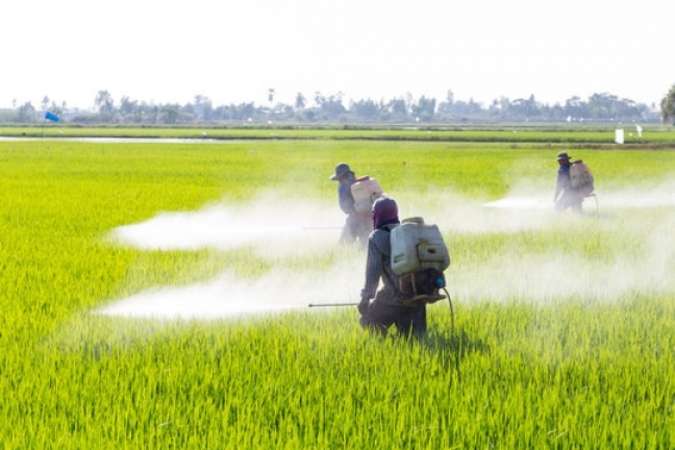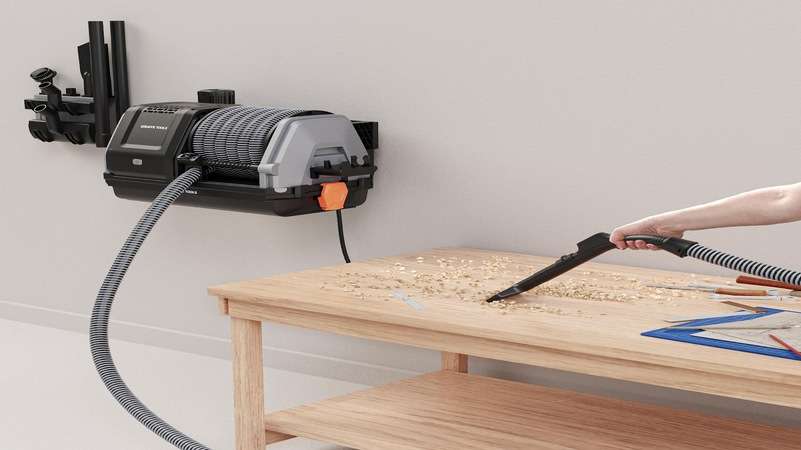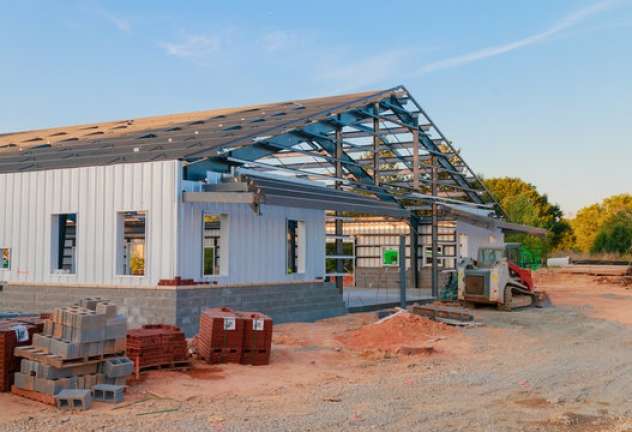The wet and cold season often brings along a lot of water damage with it; winter can be a huge stressor for any house owner because of the chaos it creates. Water damage is something that you can never ignore because it is a pesky harbinger of other damaging evils like black mold. It is quite important that you address any sign of water damage right away, otherwise, it will turn into a massive ordeal that you would not want to have to deal with without the blue. However, it may seem like quite a daunting task that may make you feel absolutely overwhelmed and you may feel clueless about what to do exactly in this situation.
In order to understand how to prevent it appropriately enough, you need to know the different types of water damage that may occur. The first one on the list is sewer backup; it is as nasty as it sounds as the main wastewater pipe starts churning out its insides; nobody would ever dream for this to happen in their backyard. Other sources of water damage can be groundwater infiltration, damage done to the water heaters, roofs, or a sink overflow. To help you with these tricky situations, we have put together some handy tips that will assist you in preventing water damage down the line.
1. Cleaning the Roof Gutters
It is integral that you do not ignore your roof gutters and schedule a regular clean-up. These gutters may easily fill up with leaves, branches, bird nests, or other trash items and this would render them absolutely non-functional in managing rainwater. This would mean that your house is at the risk of water leakage in the basement, or through the roof, or to the foundations of your house. Neither situation is desirable.
2. Make Sure to Check Appliances
You may be ignoring checking everyday appliances like dishwashers or washing machines on a daily basis for the prevention of any leaks. However, this is very important because often, leaks happen due to ignorance and negligence. It is intuitive to know that professionals at CottonGDS.com strongly recommend inspecting this appliance at least once annually and then go for any replacements if it is needed because you can’t just let corrosion or cracking be without expecting it to spread. You have to replace any old hose as well because old ones grow weak with time and will eventually start leaking.
3. Keep an Eye on Those Pipes
In cold winters, it is quite common for water pipes to freeze up (at least for some time). If your house is not insulated properly or the pipes have been outside in the cold without any protection, then an ice block could form, damaging or blocking the pipes and eventually causing water leakage and damage. So, it is important to drain your garden water hoses and ensure that you have turned off all outdoor water faucets. If you have to go out of your house in winter for more than 3 or 4 days you need to ask or pay someone to visit your home in order to drain the water lines every once in a while.
4. Keep The Plumbing in Perfect Condition
It is always a good idea to act swiftly when it comes to keeping the plumbing in good condition. This is because even minor leaks or increased humidity can lead to bigger problems like mold. You should never dispose of greasy products down the pipes as they can clog the sink. In case of clogged pipes be sure to use a drain snake instead of harsh chemicals to avoid potential damage to the pipes. If this is something you don’t feel confident doing yourself then get a plumber and get these things done.
5. Carefully Plan Out the Landscaping
There are certain trees or plants that have an invasive root system, an example is the weeping willow tree. If you ignore the development of these trees or plants and are not consistently careful they can easily damage the water pipes and drainage system or the septic tank. Therefore, it is important that you carefully plan about planting them a bit away from the water lines. Moreover, another important thing is to ensure that the ground is sloping in the right direction around your house (that’s away from the house). This is to ensure that the water is not flowing towards your house’s foundations and it is flowing either toward the street or to a far area in your yard.
These small steps can go a long way towards preventing water damage. However, you cannot procrastinate on this because the health of your house depends on this. You can also seek professional help if this is something that you feel you cannot handle.
















